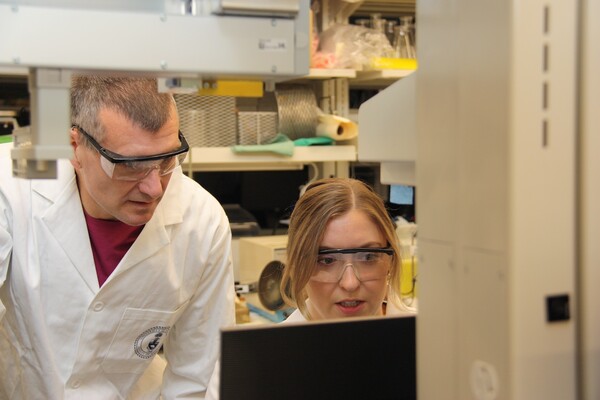Strong Policy For Healthy Food Environments
Policies on food, health and economics have a huge impact on child nutrition. Policy at all levels of government shapes childhood food environments — the type and quality of food available, cost, how it's marketed and how children perceive it — in homes, schools, restaurants, food markets other public spaces.
Good policy is a major force for healthier eating, especially among children, who are just beginning to form habits around food. The world has seen many policies that encourage better nutrition. In Denmark, a virtual ban on trans-fats cut consumption by 90 per cent in the early 2000s, and many other countries have followed suit (Canada implemented a federal ban in 2018). In Quebec, a long-standing ban on advertising to children across all media has set a global benchmark.
But good policy rests on solid evidence. And implementation requires consultation, customization and monitoring. Faculty in the Lawson Centre for Child Nutrition develop and study nutrition policy on advertising, menu labelling, taxes, guidelines, maternal and infant health, food security and other policy issues — through research, government and industry advisory panels, teaching, and partnerships with community and public health organizations.
Learn more about our policy work below.
Three key research projects: food insecurity; menu labelling, sodium reduction and advertising to children in Canada; and food environments in low and middle-income countries.
This Lawson Centre story series shows the broad impact of our policy-related research on child nutrition and health.
Canadian and international reports and recommendations on nutrition policy from government and professional organizations.
National data on childhood overweight, obesity, poverty and food insecurity in Canada.
World data on childhood malnutrition, stunting, wasting, and overweight and obesity.




